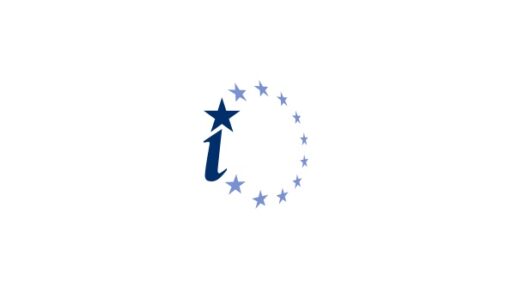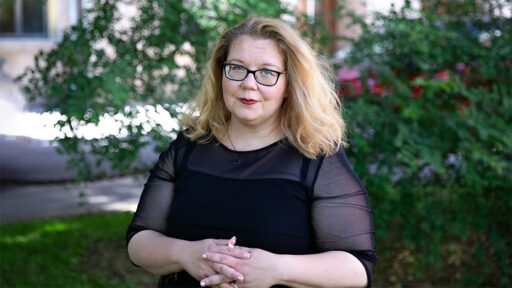The Foreign Affairs Council will discuss Sudan, the Middle East and Burma/Myanmar
Press Release 338/2010
19 November, 2010
The EU Foreign Affairs Council will meet in Brussels on 22 November. The main items on the agenda are the current challenges faced in Sudan, the Middle East and Burma/Myanmar. Finland will be represented in the Council by Minister for Foreign Affairs Alexander Stubb.
The Council will discuss the situation in Sudan and the EU actions ahead of the referendum in January. The referendum will decide on self-determination for Southern Sudan in accordance with the peace agreement of 2005, in other words, whether Sudan will stay united or choose secession and independence of Southern Sudan. Finland and the EU are underlining a credible and peaceful referendum and execution of the peace agreement. The EU has sent in Sudan a group of election observers, who will also assess voter registration. Finland has allocated development cooperation funds to support the mediation efforts lead by the African Union and the former President of South Africa Thabo Mbeki to promote peace.
The Foreign Ministers will discuss the Middle East peace process and the situation in Lebanon, Iran and Iraq. Finland stresses the need for the EU to carefully monitor the developments in internally tense Lebanon and ensure stable working conditions for the Special Tribunal for Lebanon. The Council will adopt conclusions on Lebanon. With regard to the Iranian nuclear programme issue, Finland will continue supporting the EU3+3 group’s actions and the dual track strategy, i.e. seeking negotiated solution and imposing sanctions. The Council is expected to adopt conclusions on Iraq. Finland finds important the advancements in forming the Iraqi government and underlines paying attention to the recent acts of violence, including attacks on religious minorities.
The Council will continue to discuss the EU’s further action in Myanmar following the first elections in over 20 years of early November and the releasing of the opposition leader and Nobel peace prize laureate Aung San Suu Kyi few days after the elections. The EU has already denounced the elections as undemocratic; hence the discussion will focus on following the developments in the country in the forthcoming days and weeks. Finland is in favour of EU policy that enables development of dialogue with political actors in Myanmar. The EU should also in the future take notice of the deficiencies in Myanmar’s democratic process.
Over lunch, the Foreign Ministers will discuss preparations for the summits held later this year. Finland expects tangible results from the EU-Russia Summit in Brussels in particular for the following subject areas: achieving consensus in following-through the Russia’s WTO negotiations, advancement in efforts for exemption from visa, and deepening of cooperation in external and defence policies. In preparation for the OSCE summit in Astana, Finland believes that the OSCE will need a concrete agenda within the next few years to create new kinds of dynamics. The preparations for the EU-Africa Summit in Tripoli underline strengthening the political role of the EU in Africa. Finland stresses the themes of knowledge society, peace and security. The last summit for the year, the EU-India Summit also organised in Brussels will focus on free trade agreement negotiations, security and cooperation in anti-terrorism.
In addition to discussing the preparations for the summits, the Council will discuss the EU’s relations with its strategic partners lead by the High Representative Catherine Ashton. Finland appreciates taking the long view in developing the EU’s relations with the core partners. The EU’s third country meetings should focus on targets instead of going through the motions.
Further information: Counsellor Lasse Keisalo, Ministry for Foreign Affairs Unit for European Common Foreign and Security Policy, tel. +358 9 1605 5330 or +358 40 505 2046, and Mikko Hautala, Adviser to the Minister for Foreign Affairs, tel. +358 9 1605 55005 or +358 40 843 6758.


